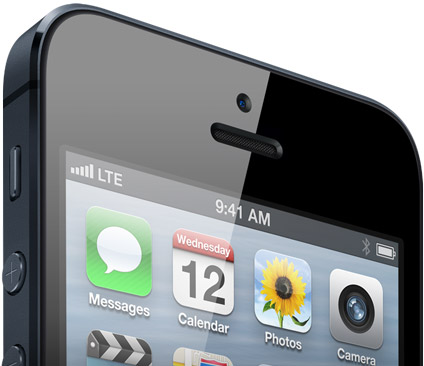
iPhone 5 launches in 9 countries
On the chance you just arrived back from some alternate universe -- where Windows Mobile handsets with big, bulky keyboards are most popular -- iPhone 5 debuted today in Australia, Canada, France, Germany, Hong Kong, Japan, Singapore, United Kingdom and United States. Apple Stores around the globe opened at 8 am local time, some to long lines -- despite 2 million preorders in the first 24 hours.
In the United States, AT&T, Sprint and Verizon carry iPhone 5 today, while several regional carriers start sales on September 28. US buyers with freedom to pick from any carrier should choose carefully. Apple's new handset comes with 4G LTE but with trade-offs. Sprint and Verizon models offer global LTE radios but cannot access data and cellular networks at the same time, meaning you can't talk and surf the web. AT&T's iPhone 5 does both, but offers limited LTE bands; it's not a globetrotter.
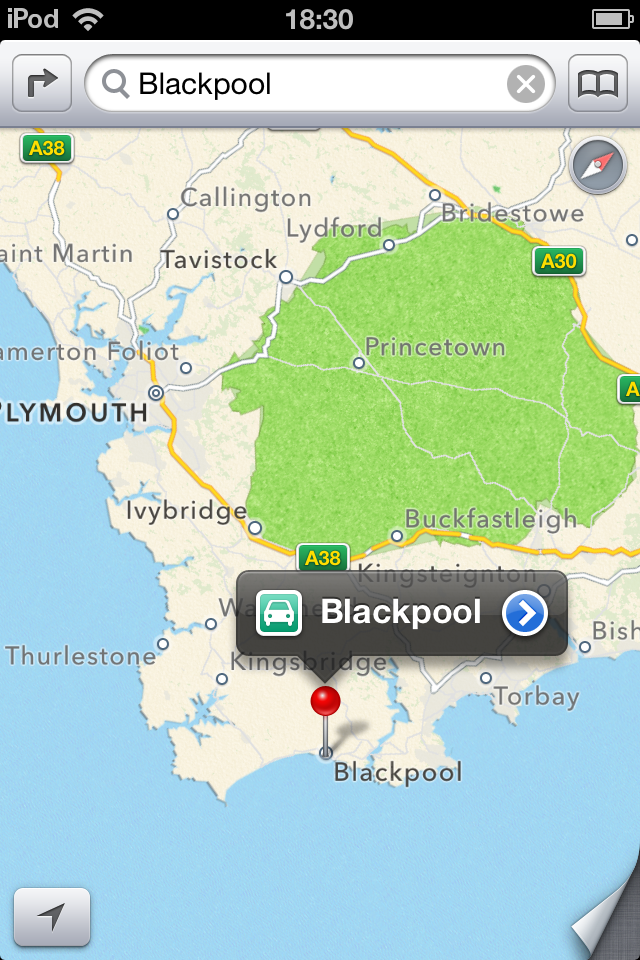
Apple iOS 6 Maps -- headed in the wrong direction [review]
I upgraded one of my Apple devices to iOS6 last night and the first thing I did, once finished setting it up, was to launch the new Maps component. This, as you’ll no doubt be aware, replaces the aging Google Maps app. I knew from other articles I’d read previously that Apple’s own mapping service wasn’t going to be as good as the old Google one. After all, Apple is new to this mapping lark, and the search giant has years of experience in the field. But I was prepared to give it the benefit of the doubt, and forgive any minor problems. After all, how bad could it be?
I started, as I am sure most people do, by typing in my address. Well, actually as I live in the United Kingdom I typed in my post code. Apple found my road, Prince’s Drive, but decided it was called Princess Drive. Not the most auspicious of starts.
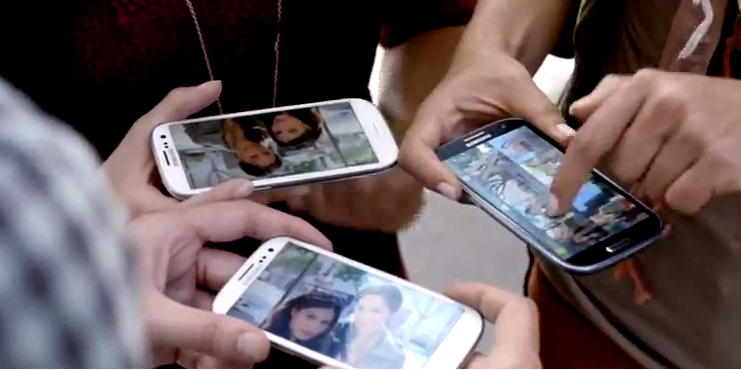
'The Next Big Thing' isn't iPhone 5
Samsung has revived its "The Next Big Thing is Already Here" marketing campaign with new videos, one of which posted about an hour ago to YouTube. Like its predecessors, the 90-second spot mocks people waiting in line to buy iPhone, something going on right now at Apple Stores around the globe. Doors open at 8 am local time on September 21 for iPhone 5's official launch.
The South Korean electronics giant started the ad campaign in November 2011, following release of iPhone 4S. This year, the commercials come first and are sure to continue afterwards. This spot carries forward the storyline for at least one character -- that is for anyone who has watched the series. It's clever storytelling for advertising.
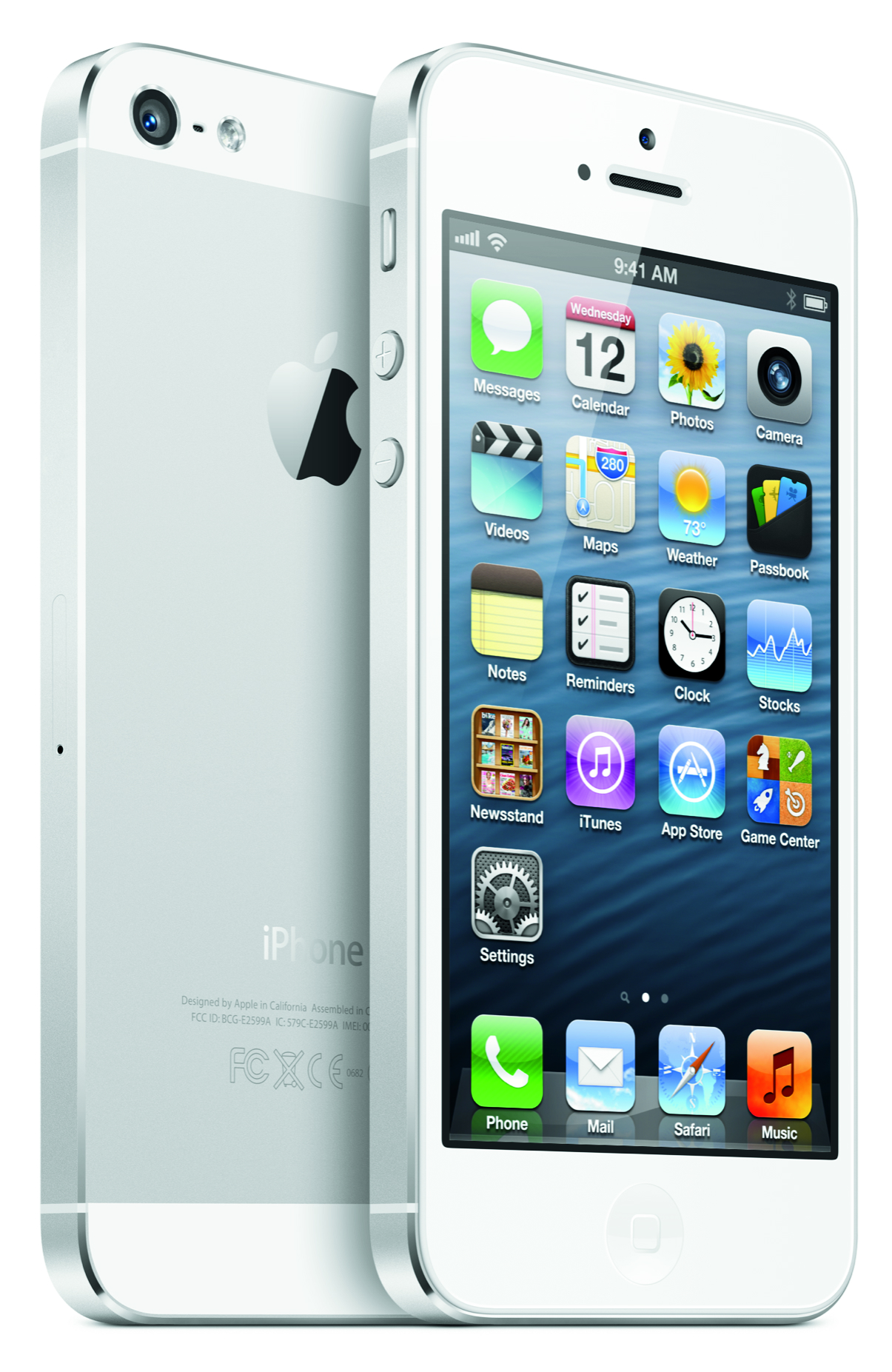
Who will buy iPhone 5? Not you
Last week, I asked: "Will you buy iPhone 5?" -- and more than 1,000 of you responded. Whoa, are you so not interested in this handset: 74.55 percent answered no. Now compare that to the poll about iPhone 4S, following its announcement: 39.6 percent "no". Well, well, perhaps Stephen Baker, NPD's veep of industry analysis, is right in his pre-launch prediction that US iPhone 5 sales won't be as big as many people predict.
Juxtapose that against early sales -- 2 million preorders in the first 24 hours, which sure would seem to indicate big, big success ahead. That's double the number during the same time period a year ago. Well, hell, how do those reconcile? Broader distribution is easy answer -- nine rather than seven countries -- and many more retail outlets in each. Then there's the obvious: The poll reflects a select audience of techno-oriented readers whose buying priorities are different. Even so, when comparing to last year's poll, a startling buying trend emerges, and it's not good.
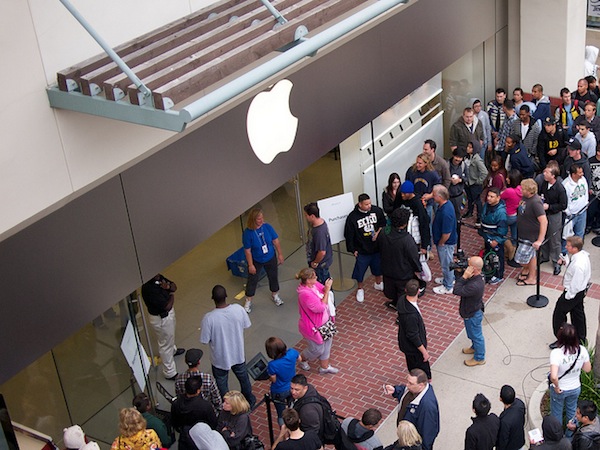
Apple claims two million iPhone 5 pre-orders in 24 hours
Who would have guessed after the less-than-mesmerizing announcement of the iPhone 5 that it would be the most popular smartphone from Apple yet?
Apple iPhone 5 pre-orders topped 2 million in a 24 hour period according to the Cupertino, Calif.-based corporation. Apple's latest smartphone is apparently twice as popular as its previous model, the iPhone 4S which managed one million pre-orders for the same period of time.
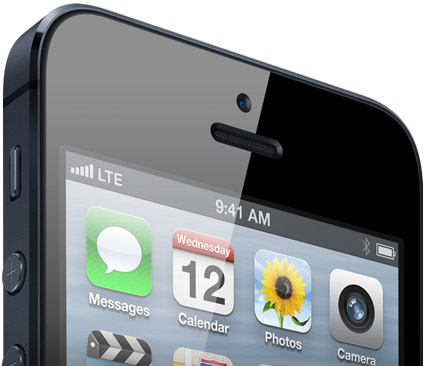
Verizon and Sprint iPhone 5 still doesn't have simultaneous voice and data
Bad news for anyone who finds themselves needing to look up something on Wikipedia when talking on the phone to their mom, the CDMA/LTE version of Apple's iPhone 5 will not support simultaneous voice and data (SVD). The pure GSM versions of the iPhone 5 will, however allow this feature, so the new buyer must beware.
For this feature to exist on Verizon and Sprint's networks, Apple would have had to install another wireless radio antenna in the iPhone 5. Of course, Apple only began offering CDMA iPhones last year, and those versions did not support simultaneous voice and data, either, so upgrading customers should already be well familiar with this missing feature.
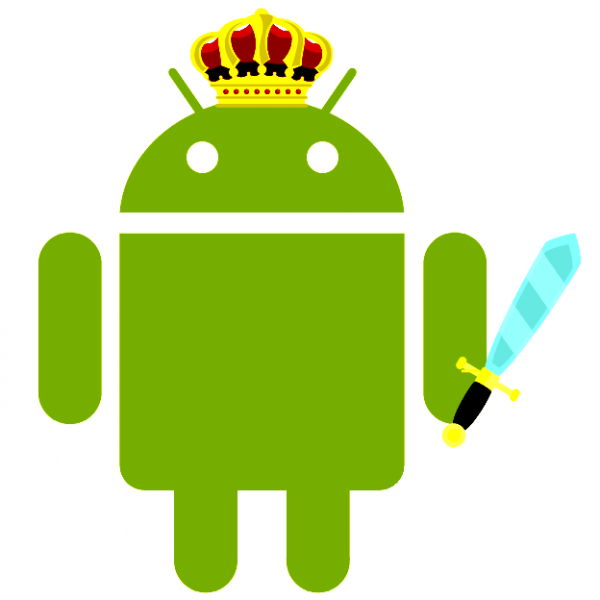
Android wins the smartphone wars
In October 2009, I explained why "Apple cannot win the smartphone wars". That was just a year after Google launched the first Android handset, the G1, on T-Mobile and days after Verizon debuted the hugely-successful Motorola Droid. By end of that year, Android had paltry 3.9 percent smartphone sales share, according to Gartner. My prediction drew loads of criticism from the Apple Fan Club of bloggers, journalists and other writers.
Fast-forward to second quarter 2012 and Android's global sales share is 64.1 percent for all phones, not just smart ones. iOS: 18.8 percent. My how times change. Increasingly, Android and iOS look exactly like Windows and Mac OS in the 1980s and 1990s, as I predicted would be the case.

The people are bored because no one is challenging them
When a new piece of technology is released, we must watch out for the "bored response." It tells us so much.
Following yesterday's introduction of the iPhone 5, there has been a collective shrugging of shoulders. The iPhone 5 is boring.
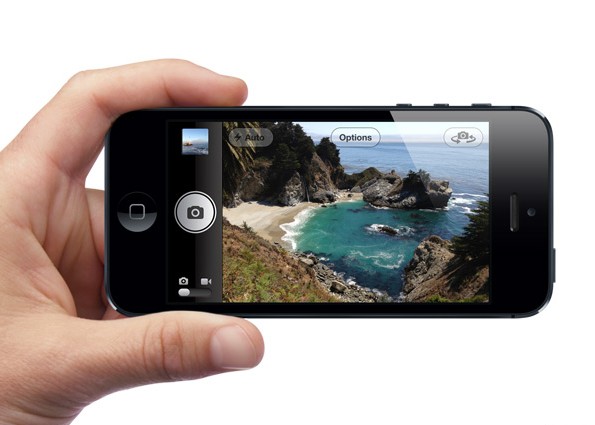
Five great things about iPhone 5
Let’s be honest, iPhone 5 is evolutionary, not revolutionary. It’s a clear improvement over the previous model but isn’t a huge leap forward, and in some places it’s just playing catch-up with rival devices.
While my colleague Mihaita Bamburic points out the downsides of the new handset, I’d highlight areas where it shines.

Five reasons iPhone 5 disappoints
A new iPhone is Apple's chance to drive competitors nuts, to take technological innovation to new heights and to leave the stage with a justified smug look, but as the dust settles from yesterday's launch event the new handset feels dated already. The Cupertino, Calif.-based corporation should smash the competition to bits but that hasn't happened, has it?
iPhone 5 is not the revolutionary product that could set the world on fire and just like my colleage Wayne Williams I wonder "Hey, Apple, where’s the innovation?" There is a saying that's perfect for landmark product releases: "Go big or go home" and Apple should have followed the former not the latter for what will most likely be flagship device over the next year. It's not enough to sway the current cutting-edge Android smartphones to the curb, so how can it when there will be fierce competition from Windows Phone 8 devices like the Nokia Lumia 920 or Samsung ATIV S?
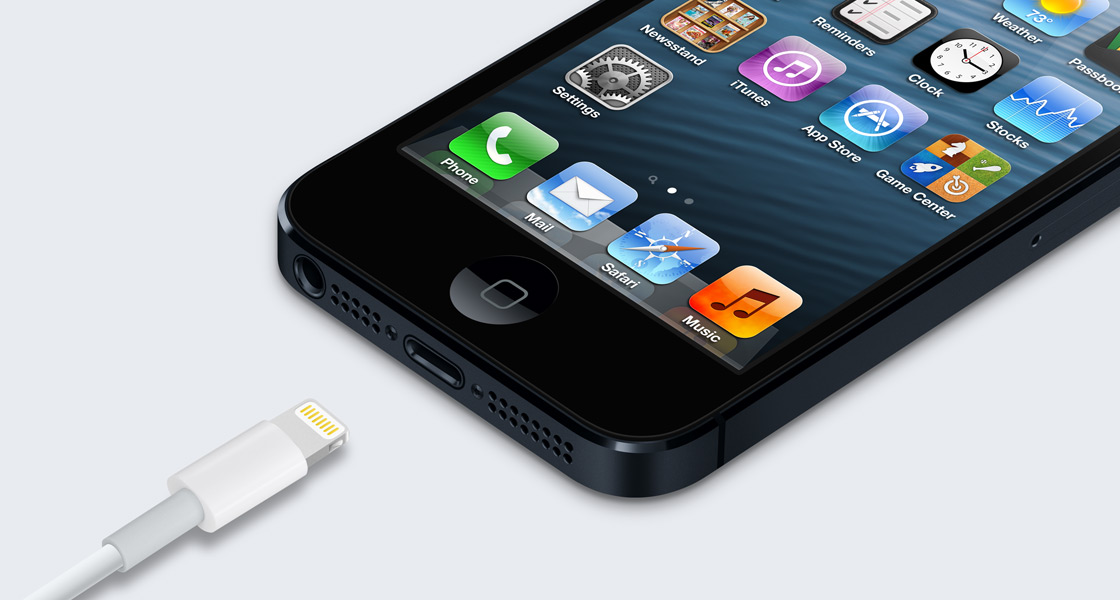
Is an older model of iPhone better than a modern Android?
I’ve been told the new faster-bigger-but-lighter-and-thinner iPhone 5 has a Thunderbolt interface. The press has correctly picked up on the fact the cables and connectors are different. They haven’t, however, figured out Thunderbolt is not USB. I guess we can expect the next round of iPads to use Thunderbolt too.
If it is Thunderbolt (I haven’t been able to confirm) you have to wonder why? In one sense this may just be Apple wagging the market because it can, but what if they really need a 10 gigabit-per-second interface for something? And what could that something be?
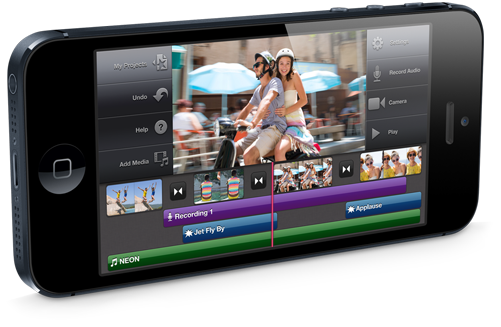
Will you buy iPhone 5?
Thanks to Tim Conneally's quips, I feel obliged to write this story today. But he knew I would ask: Will you buy iPhone 5? As usual, I've got a buying poll for you and opportunity to explain in comments why iPhone 5 is or is not just right for you or any member of the family (including cute Cubby kitty). As always, fanboys beating one another senseless isn't discouraged. There's nothing quite like Android-iPhone cat fights. So rake the claws, commenters.
If your immediate answer to the question is "Yes!", slow down, put your brain in low gear and think for a moment. You must understand the implications of that decision, particularly if you bought doodads for earlier models.
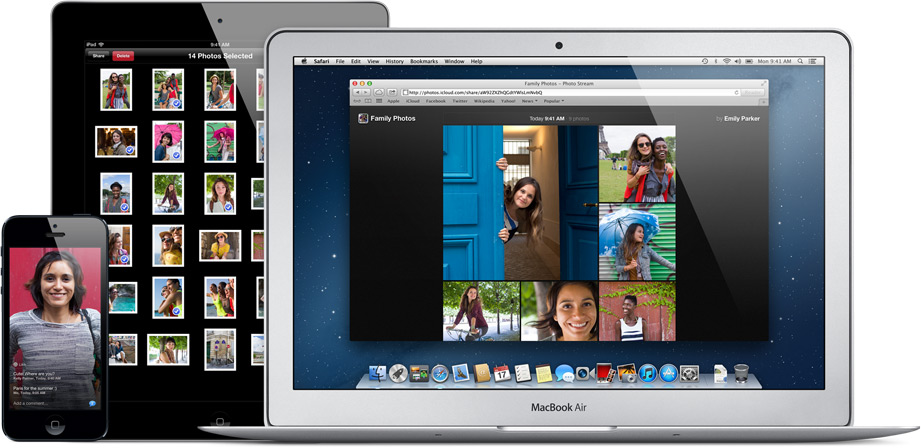
Hey, Apple, where’s the innovation?
So the iPhone 5 has been unveiled and, well, it’s just a bigger version of the iPhone 4S. No great surprise there, as all the rumors and leaks predicted that would be the case. There are some other changes to the device of course; it’s faster, lighter, prettier and has a better camera and a new dock connector, but really it’s just Apple’s phone with a bigger screen, improved OS, and less Google.
If the reports are to be believed, and they are, in October Apple will introduce another new product -- a smaller iPad.

Apple unveils iPhone 5, ships September 21
Today during a special media event, Apple unveiled its next smartphone, as expected.
Pricing is unchanged from previous models: $199 (16GB); $299 (32GB); $399 (64GB). iPhone 4 is now free and the 4S $99. All prices are with contractual commitments.
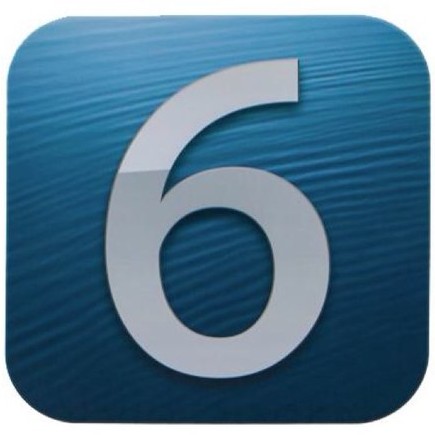
Apple iOS 6 launches September 19
If you've got iPhone 4 or 4S, recent iPod touch or one of the two recent iPads, Apple will give you iOS 6, and you won't wait long. The Cupertino, Calif,-based company formally announced the release date, September 19, during a media event today.
New iOS 6 features include FaceTime video over cellular, Facebook integration, Passbook for buying movie tickets and other passes, shared photo streams and new maps app, among others. Apple released a developer preview in June. Perhaps most notable among the new features is Apple's homegrown maps app, replacing the one long provided by Google.
